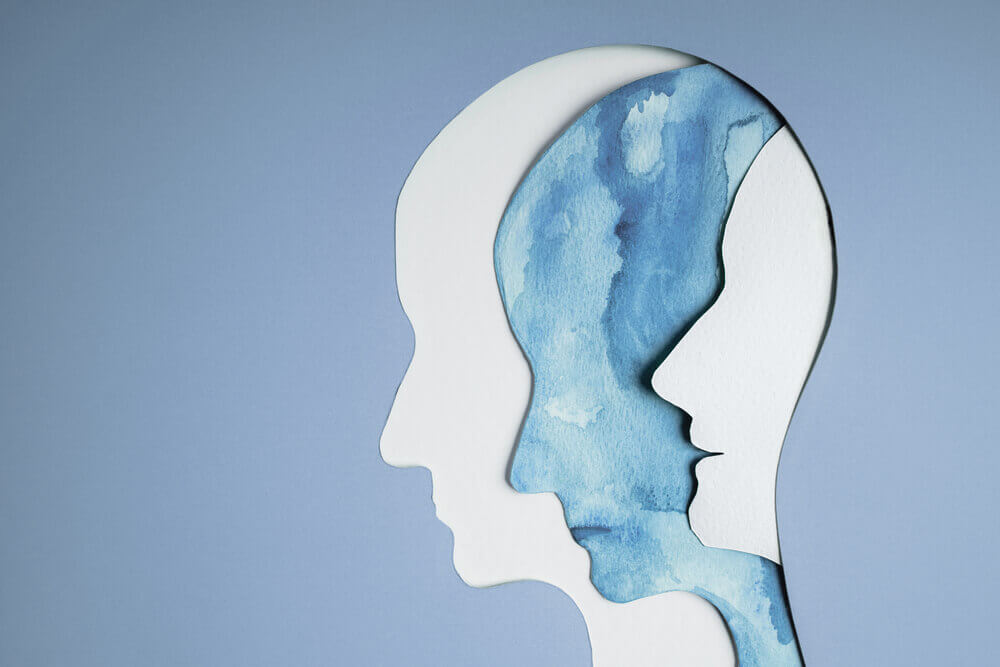Co-occurring disorders, also known as dual diagnosis, involve the simultaneous presence of a substance use disorder and a mental health disorder. Treating these conditions requires a comprehensive and integrated approach that addresses both issues concurrently. Here’s a guide on understanding the complexities of co-occurring disorders and how your rehab center can effectively integrate treatment for both substance abuse and mental health disorders.
1. Understanding Co-occurring Disorders
Complex Interactions: Co-occurring disorders involve complex interactions between substance abuse and mental health conditions. Each condition can exacerbate the other, creating a challenging cycle that requires specialized treatment strategies.
Prevalence: Studies show that individuals with mental health disorders are more likely to develop substance use disorders and vice versa. Common co-occurring disorders include depression and alcohol use disorder, anxiety and opioid use disorder, and PTSD and substance abuse.
Impact on Recovery: Untreated mental health disorders can hinder recovery from substance abuse, and untreated substance abuse can exacerbate mental health symptoms. Integrated treatment is essential for effective recovery.
2. Integrated Treatment Approach
Comprehensive Assessment: A thorough assessment is the first step in identifying co-occurring disorders. This includes evaluating the client’s substance use history, mental health history, and any underlying conditions that may impact treatment.
Coordinated Care: Integrated treatment involves coordinated care between substance abuse and mental health professionals. This ensures that both disorders are addressed simultaneously, providing a holistic approach to recovery.
Personalized Treatment Plans: Develop personalized treatment plans that address the unique needs of each client. This includes considering the type, severity, and interplay of both disorders.
3. Evidence-Based Therapies
Cognitive Behavioral Therapy (CBT): CBT is effective for treating both substance use and mental health disorders. It helps clients identify and change negative thought patterns and behaviors associated with both conditions.
Dialectical Behavior Therapy (DBT): DBT is particularly useful for clients with co-occurring borderline personality disorder and substance abuse. It focuses on building emotional regulation, distress tolerance, and interpersonal skills.
Motivational Interviewing (MI): MI helps enhance clients’ motivation to change by exploring and resolving ambivalence. It’s effective for engaging clients in treatment and addressing both substance use and mental health issues.
Integrated Group Therapy (IGT): IGT combines elements of traditional group therapy with specific strategies for addressing co-occurring disorders. It provides a supportive environment for clients to share experiences and learn coping strategies.
4. Medication-Assisted Treatment (MAT)
MAT for Substance Use Disorders: MAT combines medications, such as methadone, buprenorphine, or naltrexone, with counseling and behavioral therapies to treat substance use disorders. It helps reduce cravings and withdrawal symptoms.
Psychiatric Medications: Medications for mental health disorders, such as antidepressants, antipsychotics, and mood stabilizers, can be integrated into the treatment plan. Close monitoring and adjustments by a psychiatrist are essential.
Comprehensive Care Plans: Combining MAT with psychiatric medications, under the guidance of a multidisciplinary team, ensures that both disorders are treated effectively and safely.
5. Holistic and Complementary Therapies
Mindfulness and Meditation: Mindfulness practices can help clients manage stress, improve emotional regulation, and reduce symptoms of both substance use and mental health disorders.
Exercise and Nutrition: Physical activity and a balanced diet contribute to overall well-being and recovery. Exercise can improve mood, reduce anxiety, and support physical health.
Art and Music Therapy: Creative therapies provide an outlet for self-expression and emotional processing. They can be particularly beneficial for clients who struggle to articulate their feelings verbally.
Yoga and Tai Chi: These practices promote relaxation, reduce stress, and enhance physical and mental health. They can be integrated into treatment programs to support holistic recovery.
6. Family Involvement and Support
Family Education: Educate families about co-occurring disorders and the importance of integrated treatment. This helps them understand the complexities and provides tools to support their loved ones.
Family Therapy: Involve families in the treatment process through family therapy sessions. Addressing family dynamics and providing a supportive environment can enhance recovery outcomes.
Support Groups: Encourage families to participate in support groups, such as Al-Anon or NAMI (National Alliance on Mental Illness), to connect with others facing similar challenges.
7. Aftercare and Relapse Prevention
Continued Therapy: After completing the initial treatment program, clients should continue therapy to address ongoing challenges and prevent relapse. This may include individual therapy, group therapy, or both.
Support Networks: Help clients build strong support networks, including peer support groups and community resources, to maintain sobriety and mental health stability.
Relapse Prevention Plans: Develop relapse prevention plans that identify triggers, coping strategies, and emergency contacts. Regularly review and update these plans as needed.
Conclusion
Treating co-occurring disorders requires an integrated approach that simultaneously addresses substance abuse and mental health issues. By providing comprehensive assessments, coordinated care, evidence-based therapies, medication-assisted treatment, holistic therapies, family involvement, and aftercare support, rehab centers can effectively support clients in their recovery journey.
For rehab centers dedicated to providing holistic and effective treatment, focusing on the complexities of co-occurring disorders and integrating treatment modalities will enhance client outcomes and contribute to long-term recovery success.




















